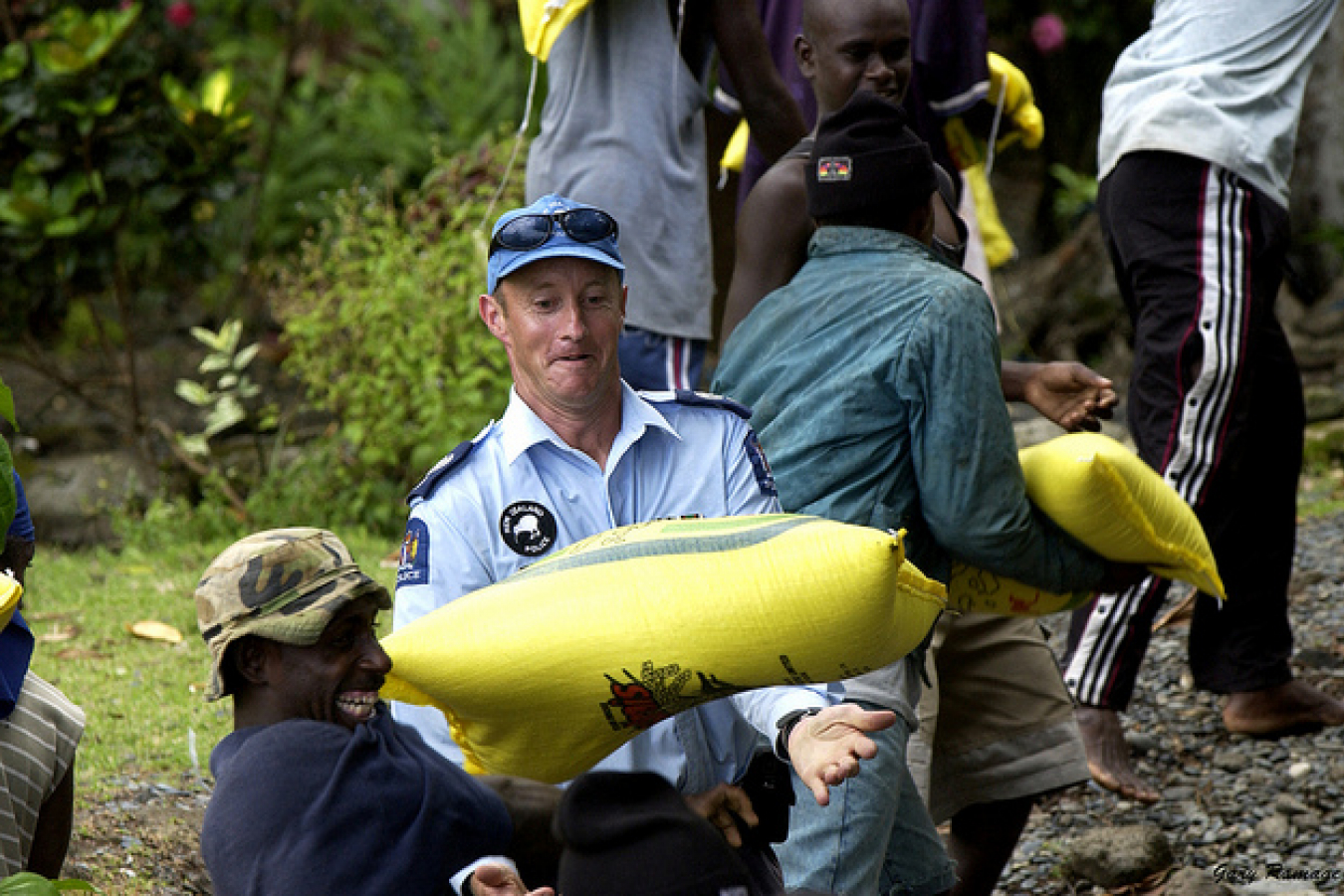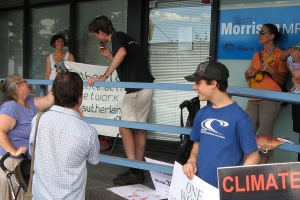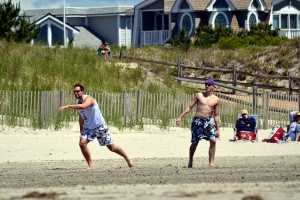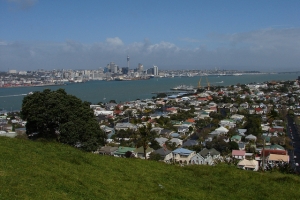Support migrant centric journalism today and donate

 • Watch This Video
• Watch This VideoStatistics released during August indicate that potential visitors to New Zealand are being turned away in larger percentages as border controls tighten. During the past year, visa rejections jumped from 9% to 24%, due in large part to a special immigration screening unit that was set up in June 2005.
The Immigration Profiling Group employs 43 staff, 15 temporary staff, and has an annual budget of $3.77 million. Their primary job is to screen out persons who present a danger to New Zealand, but as part of the process they also flag many other irregularities in immigration and work permit applications.
Critics contend that potential terrorists may have already slipped into the country while ordinary citizens are being barred from visiting their New Zealand relatives.
The Immigration Profiling Group assesses applicants from a secret list of 23 "high-risk" countries. Those having the hardest time getting a visitor visa were from the Middle East, South Asia and Africa. The government refuses to confirm or deny any particular countries or regions being targeted. TV One has reported that immigration officials were trawling through 2,000 cases a year of migrants from high-risk countries. It was expected about 360 people a year had been coming in on fraudulent grounds.
Immigration Minister David Cunliffe is refusing to say which countries are on the black list, fearing a backlash against New Zealand's diplomatic and trade interests. The message to those coming to New Zealand is that "it pays to be honest, and it pays to come here for the right reasons," Mr. Cunliffe said. In June 2006 the Minister of Immigration was reported as saying that the special profiling group had reviewed 20,000 decisions.
The acting manager for border security for the Department of Labour, Rennie Van der Velde, said that releasing any details about the types of applications assessed by the group "could assist people in attempting to bypass this additional level of screening", he said.
As well as those who have had their visa applications turned down, another 323 people have been turned away on arrival at New Zealand airports during May, June and July of this year. Of the 7500 who applied for visitor visas in the past 18 months, 21 (0.28%) were turned down for "security reasons", but 24% were declined overall.
Green MP, Keith Locke, said the official reason visas were being denied was because the United Nations High Commission for Refugees (UNHCR) advised against repatriating people to countries with bad human rights records.
"Under the government's weird logic, they have decided not to let them in at all."
Dozens of South Africans have been turned away at airports in recent months - including a former top police detective. The South African consul has asked for a meeting with immigration department officials.
Other countries are also experiencing significant changes in visa approvals. Those for Iraqis dropped from 214 in 2004/05 to 92 in 2005/06, for Zimbabweans from 924 to 306, for Burmese from 116 to 72 and for Somalis from 112 to 45.
The Immigration Profiling Group is also reviewing approved visa applications back to April 2003.
The National Party immigration spokesman, Lockwood Smith, said the reason the government was refusing to reveal how many people already granted visitors visas had been identified as security risks was "because it would show how little they've done".
"It's a serious issue that potentially dangerous individuals are coming into this country illegally..."
By the end of August, statistics released show that, despite pre-flight passenger screening overseas, more than 170 people have entered New Zealand with false travel documents since 2004.
55 were charged and deported while 118 were allowed to stay in New Zealand to pursue claims to refugee status. So far for 2006, ten people have been refused entry after being caught at the border with false passports. The figures for 2005 and 2004 were 25 and 20 respectively. Almost half were Chinese traveling on South Korean or Hong Kong passports.
Related:
• New Zealand border and security policy summary
• New Zealand engaged in full review of immigration policy by year end
• New Zealand looks after its interests
• NZ to toughens up immigration laws





















